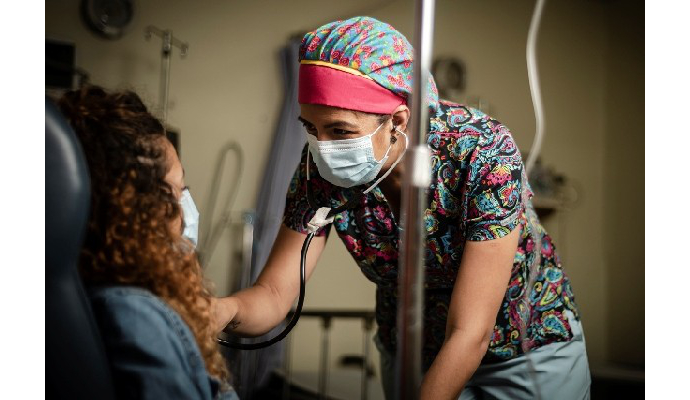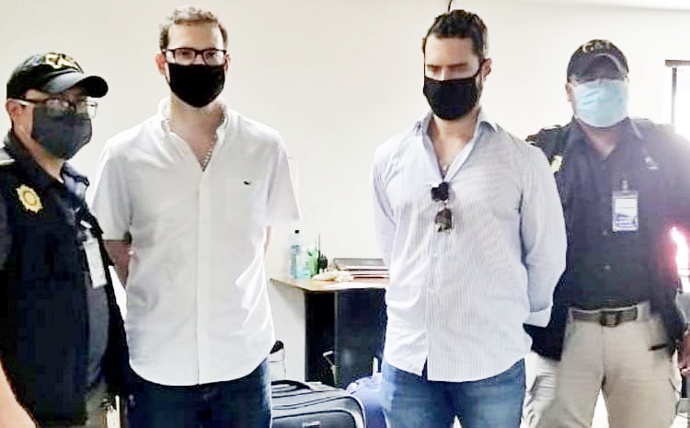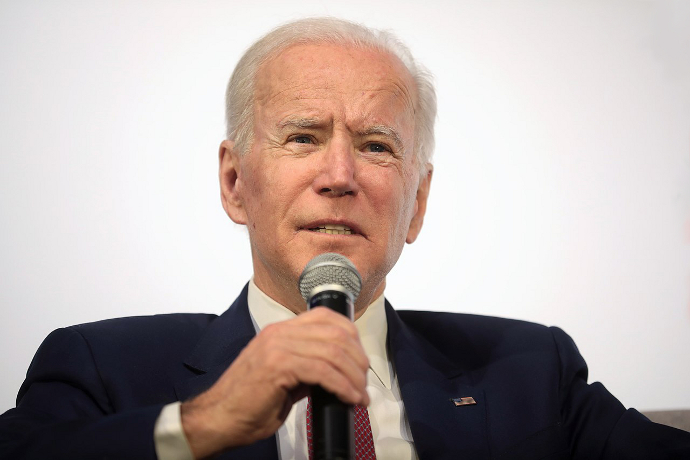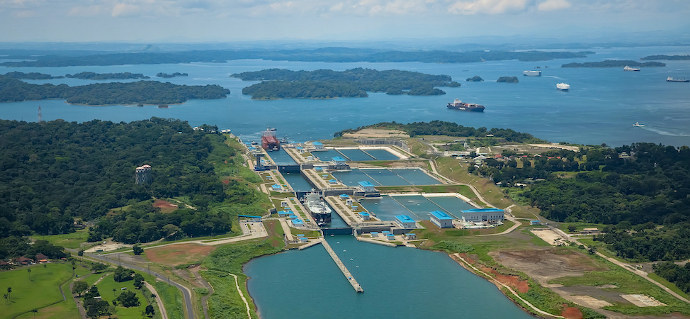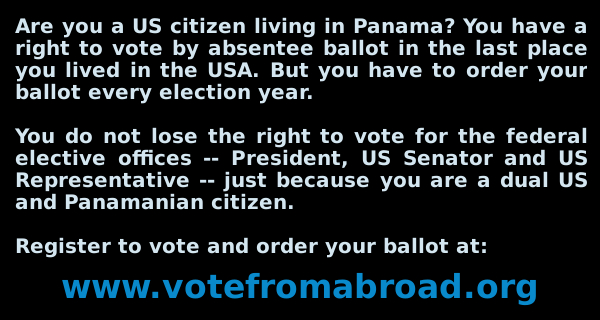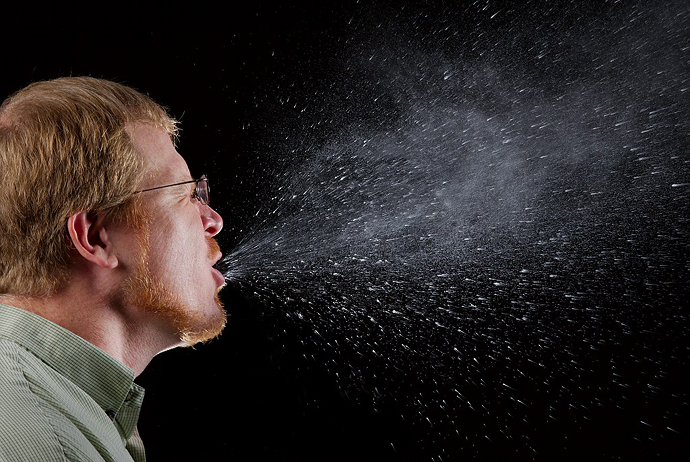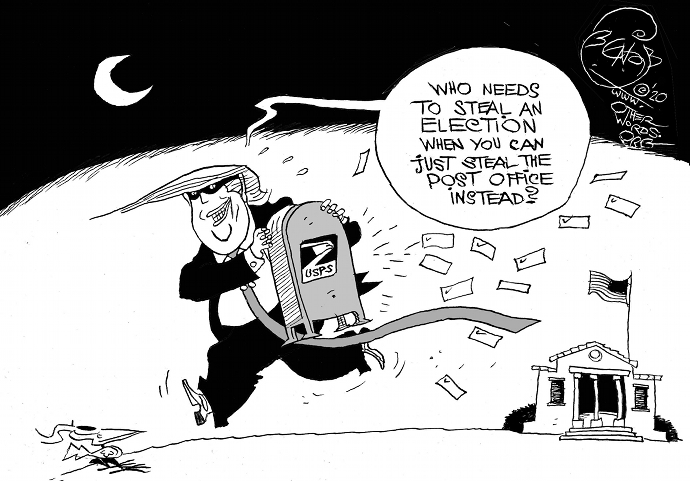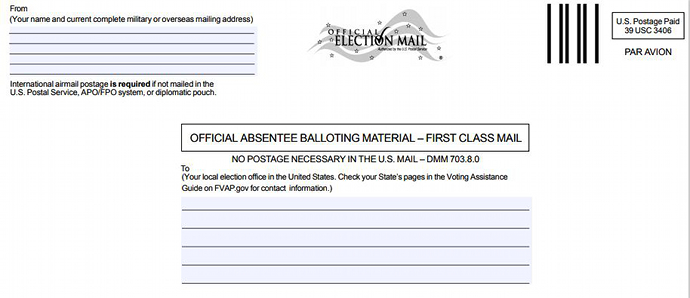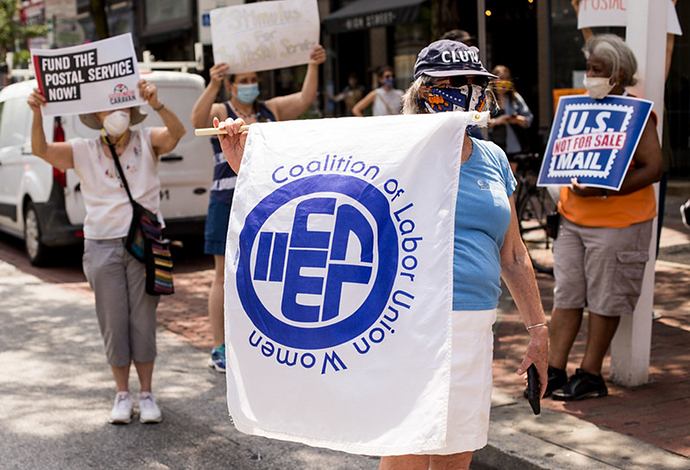Checking for COVID-19 at the Policlinica in San Carlos. CSS photo.
A possible “new normal”
Ending the pandemic
part 3 of 3, by Eric Jackson
Nazis who believe in the positive virtues of “weeding out the weaklings” among humanity tend to love this latest coronavirus. The Republican governor of Alabama also embraced this eugenics doctrine when she ordered her state’s hospitals to deny the use of respirators to the “mentally defective.”
We, the “weaklings,” are sometimes wont to indulge in evil chuckles. Like when the various flavors of fanatics who demonstrably oppose masks, and shutdowns where and when it gets bad, get sick and die. Made a big show of attending Donald Trump’s Tulsa rally without a mask and died of COVID-19 not long afterward? It’s a tragedy, but then so is the demise of the guy who drives onto the wrong side of a freeway and punches the gas pedal to the floor.
Not a laughing matter that there will be lasting demographic effects.
Not just a much higher death rate among the elderly, but also lasting effects among a lot of those struck by the virus who don’t die. Hearing problems. Kidney problems. Neurological issues. Permanently damaged lungs. The medical literature about the aftermath is bound to grow, and the human legacies upon which it will be based will be the stuff for more proposed nazi final solutions.
It’s likely to be as severe a political defeat for those kinds of people as it was for their ideological forebears when the films of what liberating Allied troops found at the concentration camps were shown to worldwide audiences.
More immediately, though, many of the elders of social sectors that have traditionally been in worse health and received worse health care will be gone. Part of ghetto scenes worldwide will be an extra need to care for those with chronic conditions caused by COVID-19 infections.
In the USA, these demographics are bound to exacerbate a previously existing generation gap within African-American communities. In St. Louis the toppling the Clay dynasty by nurse and Black Lives Matter activist Cori Bush may be the most noteworthy event but that’s far from the whole story. A new alignment among black voters realigns the Democratic Party.
In Panama, initial success at keeping the epidemic under control foundered on the class prejudices of the rich and Nito’s eventual compulsion to the pander to these. Unpaid and underprotected health care workers, all the police officers who got sick, most of these will survive and let’s see how many of them will vote for the PRD next time.
The ongoing scandals about the widespread corruption in the Varela and Martinelli administrations may officially end with court findings that nothing ever happened. Nobody will believe it. Of all the political forces in the field, the two biggest left standing would be MOVIN and the left. MOVIN criticizes the obvious corruption but has little to offer in the way of a way out of Panama’s predicament and represents a small upscale base. The left has not surmounted more than a half-century of faction fighting, even if they generally do understand the basic problems and offer some rational responses. So Panama comes out of the pandemic not only economically depressed, but with something of a political vacuum.
And how will it end? The march of science is likely to determine the possibilities, and then social and political things add complications.
Will there be a vaccine? What percentage of people who get it will be immunized, and for how long?
A shot that’s 80 percent effective for 100 days might be just enough, but only if governments get hard-nosed about it.
You’re a Christian Scientist, or that variety of Orthodox Jew who opposes vaccinations, or a New Ager anti-vaxxer? That kid who’s not vaccinated is not allowed into a school. There are all sorts of places – business establishments, government offices, public transportation… – where you are not allowed without showing your vaccination card. Foreigners who preach against vaccinations get to do so back in from whence they came.
For a short-lived vaccine, Panama needs to get its supply in place and then vaccinate everybody at once. Part of that process would be preparations to treat bad reactions, as typically happen with some people with almost every vaccine. Make almost everyone immune all at once, then very carefully monitor and isolate any infections after that. This, and not some laissez-faire nonsense about letting everyone get sick, is how you get herd immunity.
What if a vaccine is developed and gets used as a political weapon by a country that has a monopoly to pursue other ends in less powerful countries? Might a country like Panama decide to wait for the next offer? It might even become the essence of a “national liberation struggle.”
Lots of ifs, and among them possibilities of reputations destroyed by present claims of a vaccine that turn out not to be.
With a vaccine or without, COVID-19 will be with us for a very long time. Just like yellow fever still lurks in some our our remote areas, mostly in the bodies of a few jungle animals. With bad luck and bad sanitation, notwithstanding an available vaccine, that old scourge could also come storming back to infect much of the Panamanian population.
What this reporter expects – opinion, not news, here – is a useful if not perfect vaccine within the next year, and permanently altered social and economic landscapes in the wake of this traumatic experience.
Contact us by email at fund4thepanamanews@gmail.com
To fend off hackers, organized trolls and other online vandalism, our website comments feature is switched off. Instead, come to our Facebook page to join in the discussion.
These links are interactive — click on the boxes

